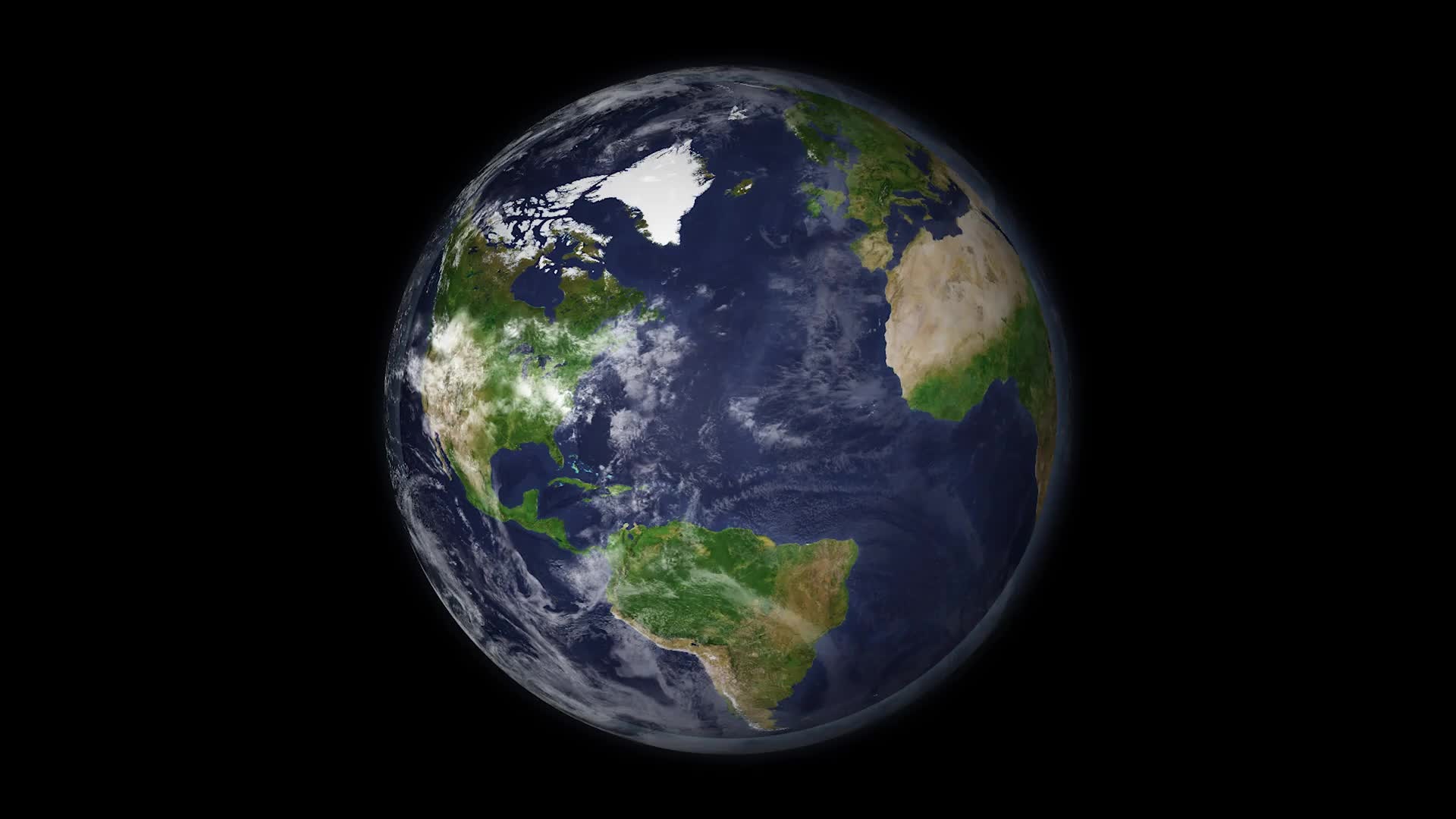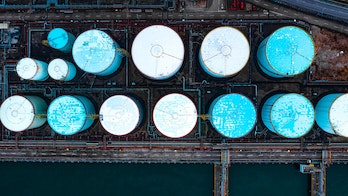Canada
Canada has strived for a balanced approach between promoting resource development and strengthening environmental performance, including a pledge to reduce CO2 emissions 40% below 2005 levels by 2030, and to achieve net-zero emissions by 2050.
Read more
Canada’s oil sector has faced challenges, with insufficient pipeline capacity to reach markets and growing opposition to pipelines on environmental grounds. The sector should focus on mitigating its upstream environmental impact.
Canada’s LNG sector is poised to take off, which will bolster Canada’s energy ties with Asia and help monetize vast western shale gas resources.
Canada’s climate strategy is embodied in the Pan-Canadian Framework on Clean Growth and Climate Change, which introduced a federal price for carbon starting at CAD 20/tonne in 2019, rising to CAD 50/tonne in 2022. A strengthened plan announced in December 2020 would see the carbon price grow by CAD 15/tonne annually to CAD 170/tonne in 2030.
Canada has one of the cleanest electricity profiles among IEA countries, with a large share of renewables (especially hydro) and nuclear power. It has launched a refurbishment program to extend the life of the existing fleet of nuclear reactors as part of a future low-carbon electricity mix. The government plans to phase out coal power by 2030.
Canada’s LNG sector is poised to take off, which will bolster Canada’s energy ties with Asia and help monetize vast western shale gas resources.
Canada’s climate strategy is embodied in the Pan-Canadian Framework on Clean Growth and Climate Change, which introduced a federal price for carbon starting at CAD 20/tonne in 2019, rising to CAD 50/tonne in 2022. A strengthened plan announced in December 2020 would see the carbon price grow by CAD 15/tonne annually to CAD 170/tonne in 2030.
Canada has one of the cleanest electricity profiles among IEA countries, with a large share of renewables (especially hydro) and nuclear power. It has launched a refurbishment program to extend the life of the existing fleet of nuclear reactors as part of a future low-carbon electricity mix. The government plans to phase out coal power by 2030.
Last updated Dec 13, 2022

Key energy statistics
Canada data explorer
Analysis
-
Canada 2022
Energy Policy Review

-
Oil Market Report - June 2023

-
Oil Market Report - May 2023

-
Canada Electricity Security Policy
-
Canada Natural Gas Security Policy
Part of Natural Gas Security Policy
-
Canada Oil Security Policy
Part of Oil Security Policy
-
Fuel economy in Canada
-
Canada Climate Resilience Policy Indicator
Part of Climate Resilience Policy Indicator
Events
19 May 2022
13 Jan 2022 18:00—18:45
Canada 2022: Energy Policy Review
22 Jul 2020 15:30—16:15
IEA Speaker Series with Canadian Minister of Natural Resources Seamus O'Regan
28 Nov 2018
International CCUS Summit
Latest news
Policies
Policy
Country
Year
Status
Jurisdiction
-
Canada 2023 Announced National
-
Canada 2023 In force International
-
Canada 2023 In force National
-
Canada 2023 In force National
-
Canada 2022 Announced State/Provincial
-
Canada 2022 In force National
-
Canada 2022 In force State/Provincial